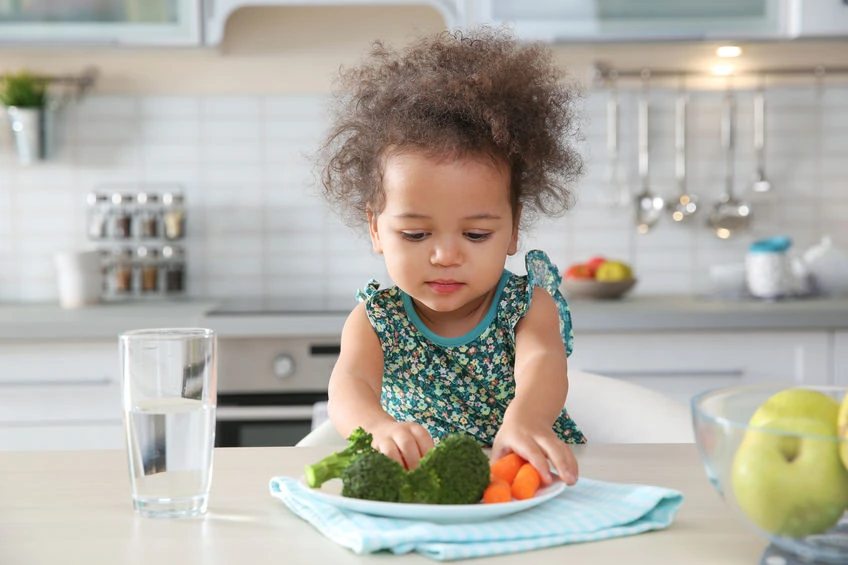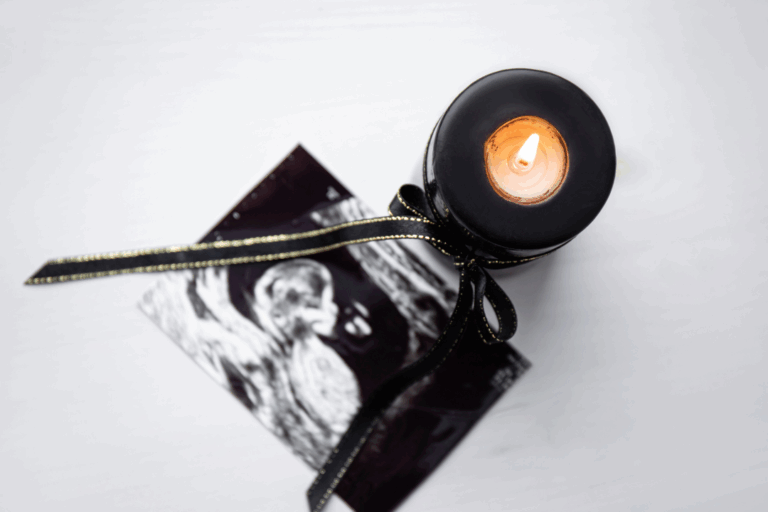As your baby approaches one year of age, you may be wondering how his nutritional needs and dietary preferences will change – here is what you need to know about this stage of the weaning journey:
Feeding Utensils
Your baby will use utensils when he is ready but most children will be excited to use a spoon and attempt feeding themselves at around one year. Babies will start off by simply dipping the spoon in their food and initially will not get much food in their mouth, but by 15 months will be able to fill the spoon more fully and actually get food into his/her mouth on a more regular basis. By 18 months, your baby should be able to use a spoon and even a fork with more ease. We recommend starting off with foods that toddlers can more easily pick up themselves with a spoon, which will create less frustration, such as oatmeal or mashed potatoes.
Fostering Healthy Eating Habits
Eating is an important learning process and mealtimes are the foundation for a lifetime of the healthy attitudes and the eating habits so necessary for the prevention of adult eating disorders. Allow your baby to participate as much as possible in the feeding process. Eating, like walking or any other skill, must be learned. Self-feeding is important to your baby’s physical development, eye-hand coordination, and manual dexterity. It is also important to him intellectual development. Allowing your baby to freely self-feed shows him that you have confidence in his abilities, which increases his self-confidence, independence, and self-esteem. Your tolerance, patience, and acceptance teach him that the world is not a restrictive, formidable place and that he is free to be creative.
Where to Eat
Tables and feeding chairs that allow your toddlers feet to touch the floor make for a pleasant feeding experience.




